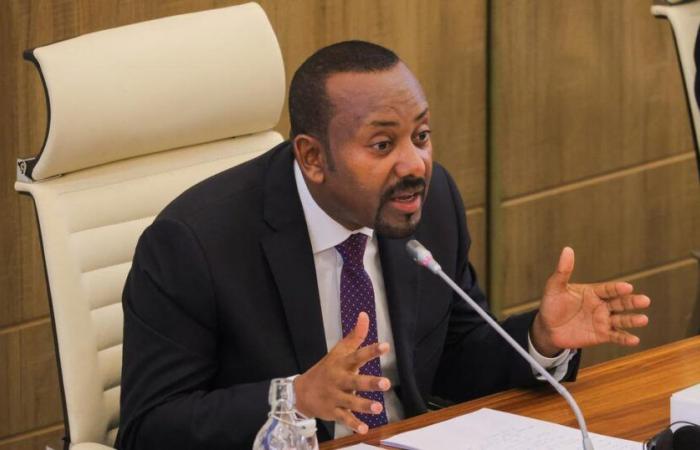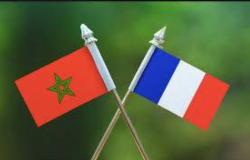The French Minister of Foreign Affairs, Jean-Noël Barrot, is currently visiting Ethiopia, as part of an African tour.
The demand from Ethiopia, a landlocked country in the Horn of Africa, for access to the sea is “legitimate”said a French diplomatic source on Saturday, after Addis Ababa signed a memorandum of understanding with the separatist region of Somaliland, contested by Somalia.
This text, signed in January, provides for the rental for 50 years to Ethiopia of 20 km of coastline of Somaliland, which unilaterally proclaimed its independence from Somalia in 1991. The Somaliland authorities affirm that in exchange for this access to the sea, Ethiopia would become the first country to officially recognize their republic. Somalia considers this agreement a violation of its sovereignty.
“It is legitimate that Ethiopia, the most populous landlocked country, is seeking access to the sea, it is important”declared this French diplomatic source. But “these discussions should not cause tensions in the Horn, at a time when the countries of the Horn of Africa are facing significant challenges”including terrorism, she continued.“What we need is strong cooperation between Ethiopia and Somalia”continued this same source. Another French diplomatic source clarified that “these discussions must be part of respecting the sovereignty of Somalia”.
”
data-script=”https://static.lefigaro.fr/widget-video/short-ttl/video/index.js”
>
Relations between Ethiopia and Somalia have deteriorated
The French Minister of Foreign Affairs, Jean-Noël Barrot, is currently visiting Ethiopia, as part of an African tour. The exact content of “memorandum of understanding”signed on January 1, was never made public, but it arouses the concern of many countries and international organizations (United States, China, European Union, African Union, Arab League, etc.) which have called for respect of Somali sovereignty. Ethiopian Prime Minister Abiy Ahmed, in power since 2018 and Nobel Peace Prize winner in 2019, has repeatedly insisted that his country must have access to the sea.
At the end of October, Abiy Ahmed repeated that Ethiopia had not “no interest in getting involved in a war”for access to the sea. Relations between Ethiopia and Somalia have deteriorated since January, and in response Mogadishu has strengthened its relations with Egypt, Ethiopia's rival. This escalation between the two neighbors is worrying in an unstable region, particularly plagued by the radical Islamist Shebab insurgency. The second most populous country in Africa with 120 million inhabitants, Ethiopia gradually lost its access to the Red Sea after the independence in 1993 of Eritrea – which it had annexed in the 1950s.
France
World






